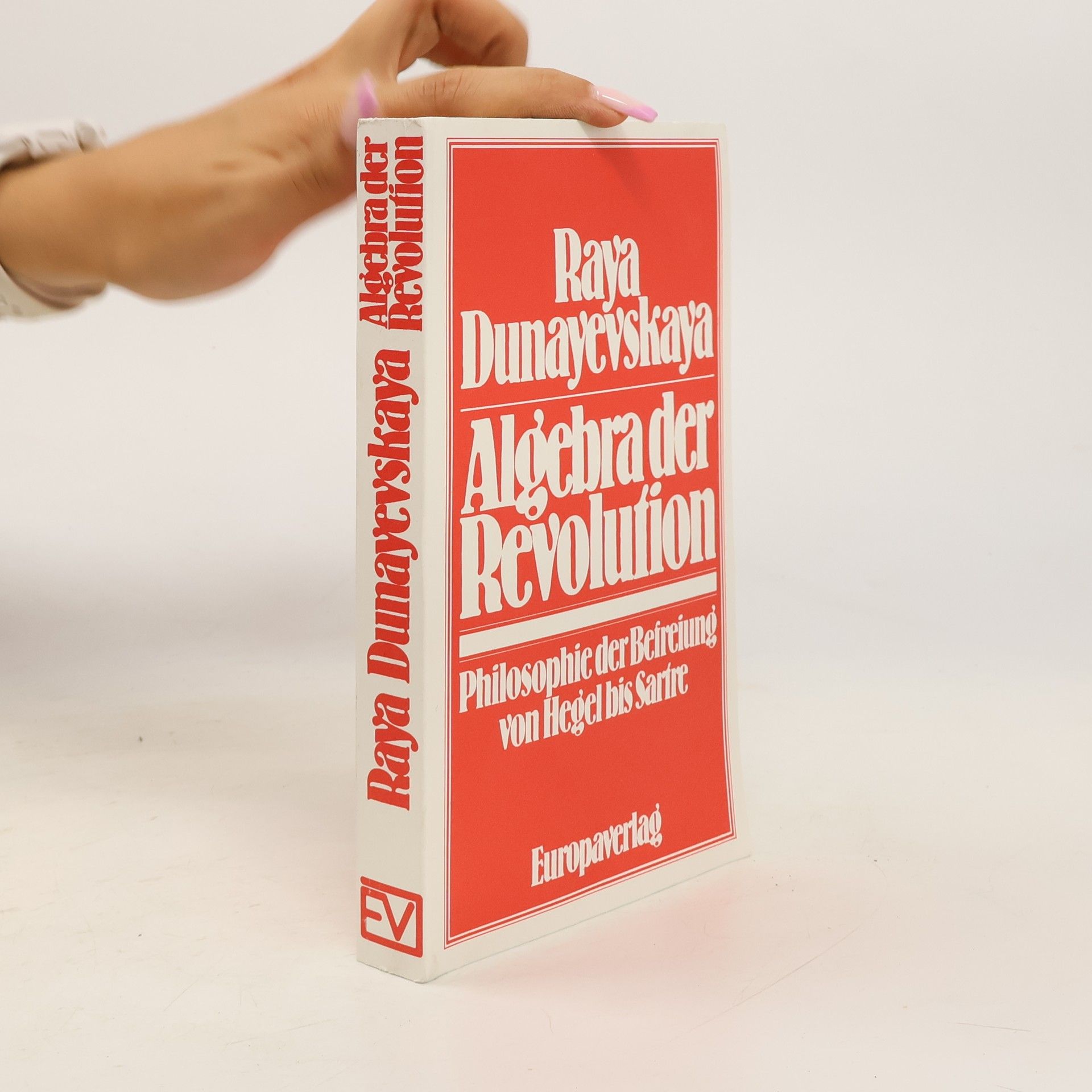The Power of Negativity
Selected Writings on the Dialectic in Hegel and Marx
- 430pages
- 16 heures de lecture
Exploring the intersection of Hegelian philosophy and Marxist thought, this collection showcases Raya Dunayevskaya's significant contributions to Marxist-Humanism. Co-edited by Peter Hudis and Kevin B. Anderson, it highlights Dunayevskaya's assertion of Hegel's crucial role in Marxism, challenging traditional interpretations. The essays delve into her theories, emphasizing the power of dialectics and revealing her impact as a critical thinker in America. This work not only illuminates her philosophical insights but also celebrates her intellectual legacy.



